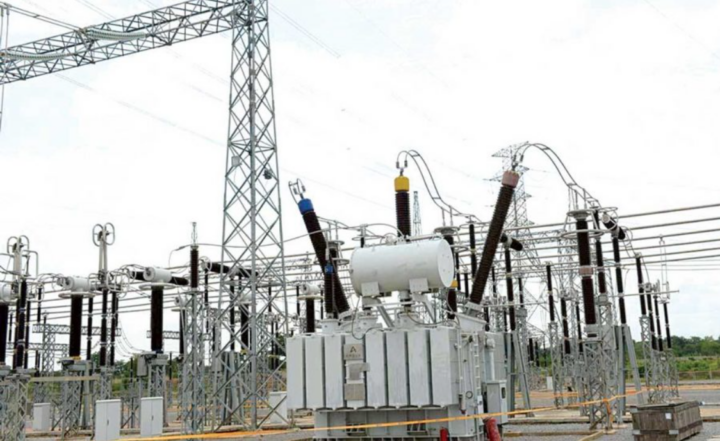The November 2023 Africa Energy Review report by PricewaterhouseCoopers, as reported by Infostride News, unveils a stark reality in Nigeria’s energy landscape. The cost of running diesel generators in the country is alarmingly four times higher than the electricity tariff per kilowatt hour. Despite this significant financial disparity, businesses and affluent families often find it economically feasible to resort to their own generators. This preference is attributed to the instability and insufficient capacity of the national grid, which results in frequent power outages and system collapses throughout the year.
The PwC report sheds light on the persistent challenges faced by Nigeria’s national grid, revealing a capacity of only 13,128 megawatts (MW), far behind the capacities of South Africa and Egypt. Mismanagement, corruption, and inadequate maintenance contribute to the grid’s inefficiency, with only 31% of the generated power being effectively utilized. Moreover, the electricity tariffs in Nigeria are intentionally set below the cost of generation and distribution for socio-political reasons. This pricing strategy, coupled with poor revenue recovery, not only impacts the sustainability of the network but also discourages private investment, escalating risks and reducing investor interest.
In a concerning revelation from the National Bureau of Statistics (NBS), the diesel price watch report discloses that Nigerians paid an average of N1004 per liter for diesel as of October 2023. This high cost further underscores the economic burden borne by those compelled to rely on diesel generators due to the shortcomings of the national grid.

The challenges in Nigeria’s energy sector extend beyond the national borders, as highlighted by the PwC report’s examination of the broader African electricity context. Africa, comprising 17.2% of the global population, consumes a mere 3.1% of the world’s electricity, making it the least consuming region globally as of 2019. This scarcity of access is compounded by low consumption rates, largely attributable to frequent power outages.
Even in countries like Nigeria and South Africa, considered industrial powerhouses on the continent, the electricity infrastructure struggles to meet the growing demand. Nigeria, with a population of 206 million, possesses a power generation capacity of only 12 gigawatts (GW), significantly below its requirements. This deficit not only hampers economic growth but perpetuates a self-reinforcing cycle where inadequate energy infrastructure deters investment, rendering projects less viable and riskier.
Sub-Saharan Africa, where approximately half the population lacks access to electricity, bears the brunt of this energy challenge. Private sector investors, historically contributing only about 10% of infrastructure funding in Africa, face a daunting investment landscape due to weak infrastructure. This extends beyond electricity grids to encompass critical public services such as trained utility workers, water resources, and public safety.
Africa’s energy infrastructure has suffered from persistent underinvestment, receiving only a fraction of global energy investment over the past decade, with a mere 0.5% directed towards transmission and distribution networks. In a recent interview with Arise News, Nigeria’s Power Minister, Adebayo Adelabu, acknowledged the challenges in the transmission and distribution sub-sectors. He pointed out the poor condition of substations, power lines, and transformers across the country, emphasizing the government’s ongoing efforts to address these issues through consistent investments in infrastructure development.
Despite the challenges outlined in the PwC report, there is optimism from the Nigerian government regarding the future of the country’s electricity sector. Minister Adebayo Adelabu expressed confidence that the impacts of the government’s infrastructure investments will soon become visible, bringing positive changes and improvements to Nigeria’s energy landscape. The energy sector’s transformation is not only crucial for economic development but also for enhancing the quality of life for millions of Nigerians who currently grapple with inadequate and unreliable access to electricity. As the nation moves forward, addressing these challenges will be pivotal to fostering sustainable growth and attracting much-needed private investment in the energy sector.
Support InfoStride News' Credible Journalism: Only credible journalism can guarantee a fair, accountable and transparent society, including democracy and government. It involves a lot of efforts and money. We need your support. Click here to Donate
